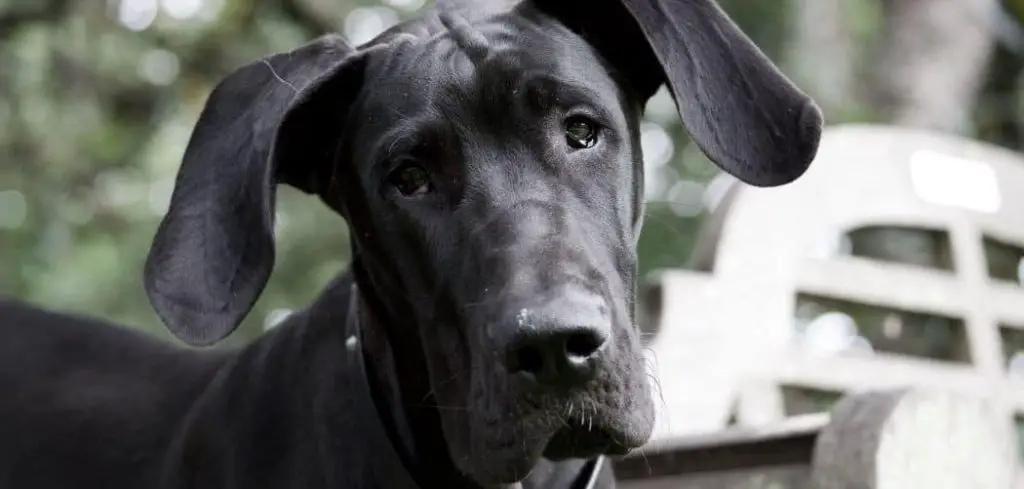When your dog has loose stool and refuses to eat, it can feel like a red flag waving in front of your face. These two symptoms often signal that something deeper is going on with your dog’s health.
We outline the common causes of dog loose stool and not eating, what you can do at home, and when to seek veterinary help.
Dog Loose Stool and Not Eating — Why It Happens
Loose stool combined with a lack of appetite usually points to an issue with your dog’s digestive system or a systemic illness. Infections, intestinal parasites, dietary indiscretions, stress, or chronic conditions like inflammatory bowel disease (IBD) can all trigger these symptoms.
Sometimes it’s a temporary upset, but in other cases, it could signal something more serious like pancreatitis or toxin ingestion.

Dog Loose Stool and Not Eating: Common Causes
Dietary Indiscretion
Dogs are known for eating things they shouldn’t—spoiled food, garbage, or non-food items. This kind of dietary indiscretion often leads to gastrointestinal upset.
Your dog may develop diarrhea and lose interest in food due to nausea or abdominal pain.
In mild cases, symptoms resolve within a day, but if they persist, you’ll need to contact your vet.
Intestinal Parasites
Worms and protozoa like Giardia can irritate your dog’s gut lining, causing loose stool, bloating, and poor appetite.
Puppies and dogs in high-risk environments (like shelters or kennels) are especially vulnerable.
If your dog has visible worms, a pot-bellied appearance, or is losing weight, it’s time for a fecal test and deworming treatment.
Read more: Dog Green Poop and Not Eating (What could be behind it?)
Inflammatory Bowel Disease (IBD)
IBD is a chronic inflammation of the intestines that disrupts nutrient absorption and causes recurring loose stool and poor appetite.
Dogs with IBD may also experience vomiting, weight loss, and signs of discomfort after eating.
It often requires dietary management and sometimes medication to control inflammation.
Bacterial or Viral Infections
Infections like parvovirus, salmonella, or campylobacter can cause severe diarrhea and appetite loss.
Parvovirus is especially dangerous in puppies, leading to bloody diarrhea, vomiting, lethargy, and rapid dehydration.
These cases require urgent veterinary care and hospitalization.
Pancreatitis
Pancreatitis occurs when the pancreas becomes inflamed, often after consuming fatty foods.
It typically results in abdominal pain, vomiting, loose stool, and refusal to eat.
This condition is serious and usually requires fluids, pain management, and strict dietary control.
Toxin Ingestion
Dogs that ingest toxic substances—chocolate, certain plants, human medications—may suffer from gastrointestinal symptoms including loose stool and not eating.
Depending on the toxin, they may also show neurological signs, vomiting, drooling, or collapse. Immediate veterinary help is critical in these cases.
What to Do If Your Dog Has Loose Stool and Is Not Eating
If your dog has loose stool and skips one meal but otherwise seems well, you can try withholding food for 12 hours and then reintroducing a bland diet like boiled chicken and rice.
Ensure your dog stays hydrated—offer small amounts of water or an electrolyte solution. Monitor for improvement within 24 hours.
If your dog is a puppy, senior, or has a preexisting condition, don’t wait too long. Dehydration and nutrient loss can happen quickly.
Avoid giving over-the-counter medications unless directed by your vet, as some human meds are toxic to dogs.
Keep track of any other symptoms—vomiting, lethargy, blood in stool—as these will help your vet diagnose the issue.
When to Call or Visit Your Vet
If your dog refuses to eat for more than 24 hours, has diarrhea that lasts over a day, or shows any of the following signs, contact your vet:
Vomiting along with diarrhea
Lethargy or depression
Blood in the stool
Signs of dehydration (dry gums, sunken eyes)
Sudden weight loss
Abdominal pain or bloating
Dogs with these symptoms may require tests like a fecal exam, blood work, or abdominal ultrasound to determine the underlying cause.
Read more: Dog Vomiting Green Liquid and Not Eating (Here’s why)
Key Takeaway
Loose stool and appetite loss in dogs can range from mild digestive upset to serious illness.
While some cases resolve with simple home care, others need urgent veterinary attention. If in doubt, it’s always safer to get your dog checked.
Early action helps protect your dog’s health and brings you peace of mind.
